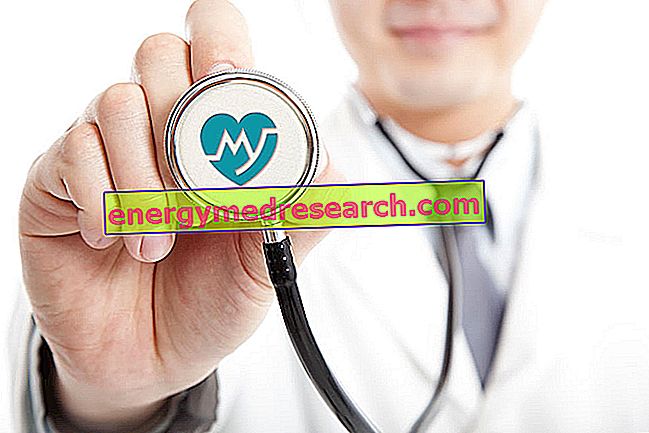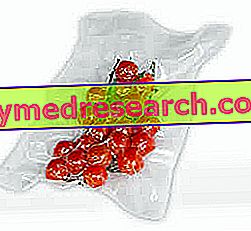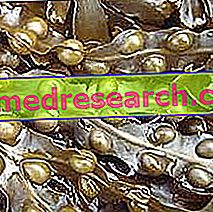
Cheese syndrome ( Cheese syndrome ) is a form of food poisoning due to the ingestion of biogenic amines. In particular, tyramine is the cause of the cheese syndrome, a molecule deriving from the decarboxylation of the amino acid tyrosine by some bacteria.
The concentrations of tyramine are high in fermented and seasoned cheeses, but also in many other foods, such as preserved meats (canned, stuffed, marinated, smoked and fermented), preserved fish (smoked, marinated, etc.), liver, fermented foods in genus (soy sauce, miso, tempeh, sauerkraut, yogurt, sour cream etc.), chocolate, beer, bananas, avocado, aubergines, peanuts and food yeasts.
The cheese syndrome owes its name to the discovery of a neurologist, who observed the aggravation of his wife's headache after eating cheese. Very importantly, the lady was being treated with MAO inhibitors (mono-amino-oxidase inhibitors or MAOIs); such drugs - among which the active ingredients isoniazid, phenelzine, armina, armaline, methyltryptamine, selegiline - can be used as antidepressants (although in many cases the use of the more modern SSRIs is preferred).
Under normal conditions, tyramine present in food is broken down by monoamine oxidase; however, when this enzyme is inactivated by MAOI drugs, the defense mechanism fails. Since tyramine is able to stimulate the release of noradrenaline, which causes vasoconstriction with increased heart rate and blood pressure, the combined intake of MAOIs with tyramine-rich foods can lead to a hypertensive crisis (increases in systolic blood pressure) 30mmHg and beyond).
The cheese syndrome therefore occurs more easily in people being treated with MAO inhibitor drugs; however, it could also occur in people who do not use these drugs if the doses of tyramine ingested were particularly high. Cheese libations accompanied by beer or aged wine, chocolate or other foods rich in tyramine are therefore dangerous, especially in subjects who already have high blood pressure levels. Indeed, cheese syndrome increases the risk of suffering major cardiovascular events, such as transient ischemic attacks, strokes and heart attacks.



